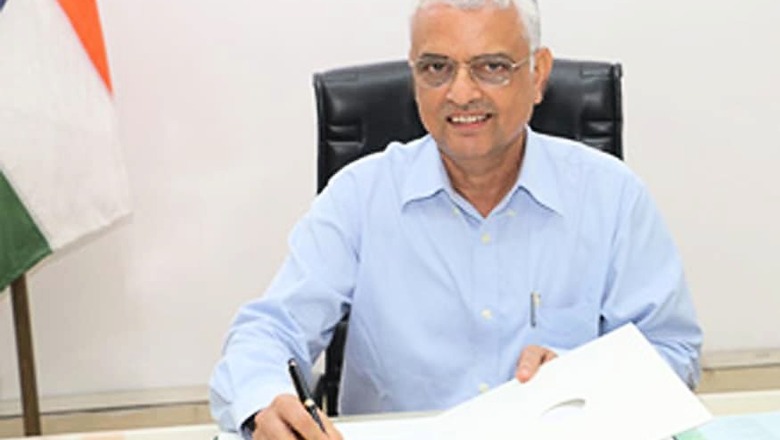
views
Kolkata: Amid widespread allegations of Electronic Voting Machines (EVM) tampering, Chief Election Commissioner (CEC) OP Rawat on Saturday ruled out any possibility of going back to ballot papers to conducting elections in India.
In an interactive session organised by Merchants’ Chamber of Commerce & Industry (MCCI) in Kolkata, Rawat said, “We should not doubt the integrity of the system (EVMs).”
He further added, saying, “There are allegations against tampering of EVMs. They come from political parties who are seeking a scapegoat route. Completely baseless insinuations. We had convened an all-party meeting in July last year and announced that all future elections will be conducted through Voter Verifiable Paper Audit Trail (VVPAT) equipped EVMs. Now, there is no question of bringing the ballot papers back.”
On electoral misconducts and safety of those who want to expose it, Rawat said, “I would like to assure all those who want to expose electoral malpractices through Election Commission’s (EC) mobile app that their identity will be protected. There is nothing to worry about.”
“Our mobile app empowers anyone to send complaints with evidences to us wherever they come across malpractices during polls. We will ensure that prompt action will be taken. The mobile app system was introduced on a pilot basis during the last Karnataka assembly elections. Back then, we had received nearly 780 video complaints of electoral malpractices. This practice will be followed from now in every election,” he added.
On the context of simultaneous Lok Sabha and Assembly Elections, he said, “This will require changes in the Constitution and Law.”
Referring to Cambridge Analytica’s data scandal, Rawat said, “EC is working on a code of conduct for social media platforms to prevent harvesting of data”
Cambridge Analytica Limited was a British consulting firm for political parties which was involved in data mining, its brokerage, and its analysis with strategic communication for the poll process.
Rawat also spoke about de-listing political parties which are not active. "Under the plenary power given to us, we have started de-listing political parties which are not active," the CEC said, adding that the EC is not empowered by law to de-register political parties.
So far, 1000 political parties have been delisted, he said. On electoral bonds, Rawat said so far, three tranches have been issued and the EC is waiting to see the outcome.











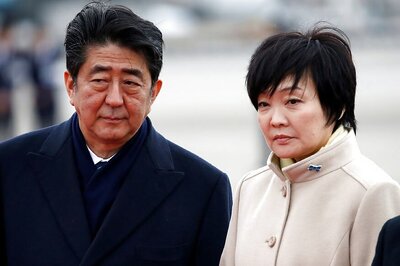

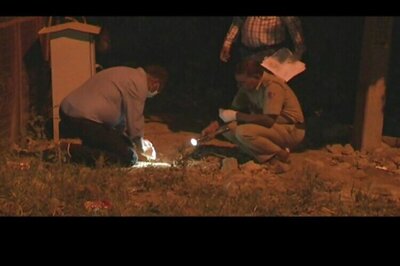



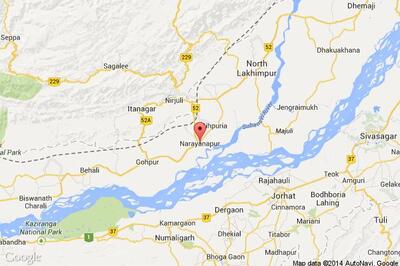
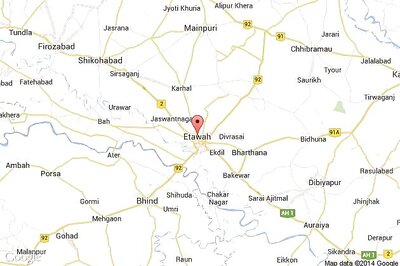
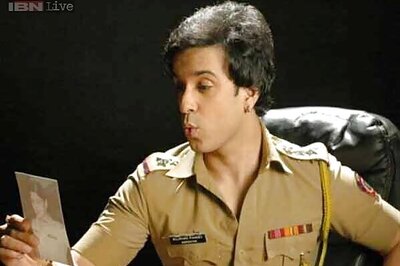
Comments
0 comment